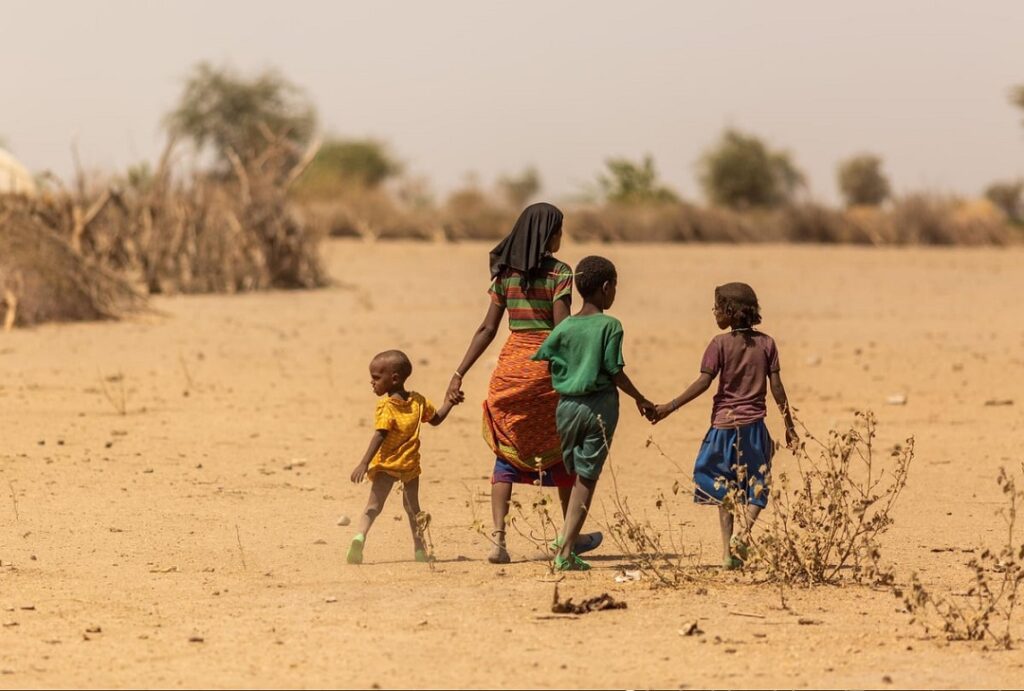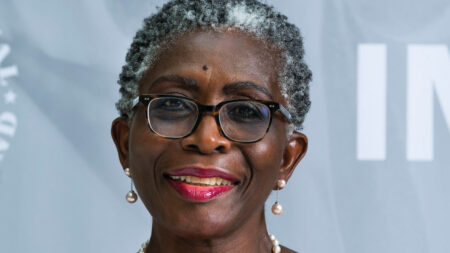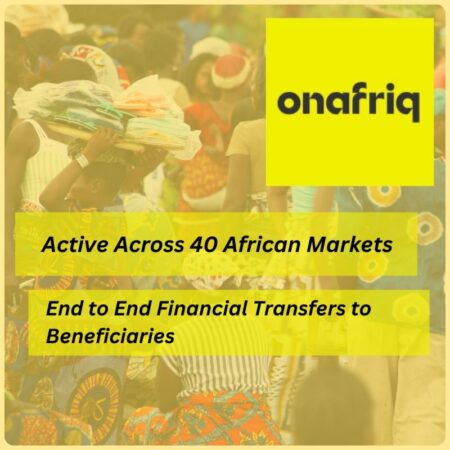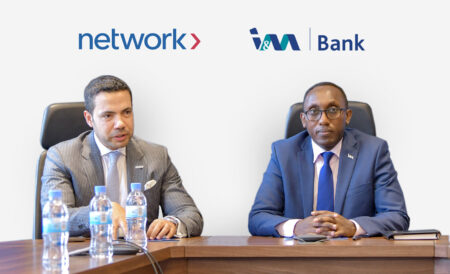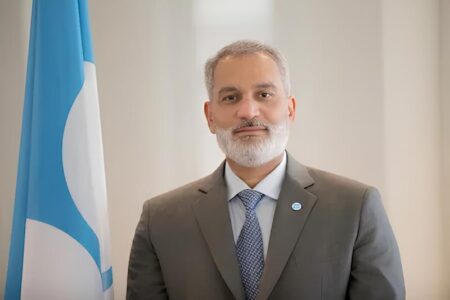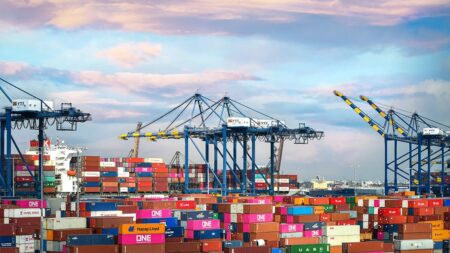- The long-term effects of Covid-19 and the climate crisis are felt more acutely in Africa than elsewhere.
- Africa’s additional financing needs resulting from the pandemic will amount to $285 billion over the four years ending 2025.
- Sub-Saharan Africa endured a recession in 2020 for the first time in 25 years.
NEW YORK – Africa bears virtually no responsibility for the greenhouse-gas emissions driving the climate crisis. It is not responsible for the conflicts or supply-chain disruptions that have driven global inflation. Nor did it trigger the spread of COVID-19, let alone cause the pandemic’s economic fallout. And yet the long-term effects of this trio of crises linger perhaps more acutely in Africa than elsewhere.
Africa grappling with anemic economic growth
The International Monetary Fund has estimated that Africa’s additional financing needs resulting from the pandemic will amount to $285 billion over the four years ending in 2025. But inflation, exchange-rate pressure, and unmanageable debt levels have complicated matters. These factors have eroded governments’ already-limited room to make short- and longer-term investments. Africa’s real needs are likely much greater.
The continent has shown remarkable resilience. However, the anemic economic growth is compounding the economic struggles. Sub-Saharan Africa endured a recession in 2020 for the first time in 25 years. And, according to the African Development Bank (AfDB), the region’s annual growth rate fell from 4.5 in 2021 to 3.5 per cent in 2022. It is expected to amount to just 3.8% this year.
Behind these figures lies countless ruined lives. According to the United Nations Economic Commission for Africa,18 million more Africans slipped into poverty last year. This reversed the hard-won progress toward the UN Sustainable Development Goals. Conflicts and climate-related disasters–such as protracted droughts, extreme rains, and flooding–contribute to East Africa’s worst hunger crisis in decades. The human cost is horrifying. One person is predicted to die of hunger every 28 seconds from this crisis alone.
The playing field tilted to Africa’s disadvantage
This should concern the international community–and not only for humanitarian reasons. The world needs Africa. There is no path to a green, just, and prosperous shared future that does not have Africa at its core. So, it is in the self-interest of the rest of the world to support the continent, not through charity or handouts, but by backing African-led solutions, especially those focused on leveling a playing field that is currently tilted to the continent’s disadvantage.
The allocation of special drawing rights (SDRs, the IMF’s reserve asset) exemplifies the problem. The IMF created SDRs to supplement governments’ currency reserves. But, because SDRs are issued in proportion to countries’ IMF quotas, poorer countries receive the smallest allocations, despite having the greatest need. Wealthier countries–with far less (or no) need–get the largest shares.
In 2021, the G20 countries promised to channel at least 20% of their SDRs toward Africa. But their promises have yet to be fully realized. Faster progress on this front would go a long way toward helping African governments in the near term, especially if the recycled SDRs are channeled through multilateral development banks such as the AfDB. These institutions could then leverage their own AAA ratings to scale up the capital mobilized by a factor of three to four, transforming $20 billion in SDR-funded projects into $60-80 billion, with significantly better terms than those offered in commercial markets.
Development finance for green initiatives
Of course, a more dynamic and expansive private sector would provide a longer-term solution. But, as it stands, African governments are at a grievous disadvantage in private markets, where they face higher capital costs, not least because of subjective, discriminatory considerations. Comparing the risk premia of African and non-African states with similar credit ratings, one finds differences ranging from 150 basis points to more than 650 bps, sometimes reflecting a lack of on-the-ground knowledge and subjective judgment.
A conference of credit-rating agencies, investors, and African governments is urgently needed to address this intolerable discrimination–which amounts to a powerful brake on progress–once and for all. Again, this would not amount to charity or special treatment; rather, it would be a step toward leveling the playing field so African-led solutions can succeed. Removing the “Africa risk premium” would unlock much-needed capital for green development, including the clean-energy transition.
Read also: President Ruto: Walking Our Talk on Climate Action.
The Alliance for Green Infrastructure in Africa is one African-led initiative that would advance this goal. Unveiled by the AfDB, the African Union, Africa50, and other partners at last November’s UN Climate Change Conference in Egypt (COP27), the AGIA seeks to raise $500 million in grants, concessional resources, and blended and commercial finance to provide early-stage project preparation and development capital for green initiatives. Mitigating high-interest rates and the lack of risk appetite for Africa would result in the rapid creation of a strong pipeline of bankable green projects. The AGIA aims to unlock at least $10 billion in green infrastructure investments.
Breakthrough opportunities
Similar efforts are underway elsewhere. One notable example lies in the ambitious Bridgetown Initiative launched by Barbadian Prime Minister Mia Amor Mottley to create additional fiscal space for development, climate mitigation, adaptation, and loss and damage. V20 group of climate-vulnerable developing countries represents another example, currently chaired by Ghanaian Finance Minister Ken Ofori-Atta.
The coming months offer several opportunities for breakthroughs. Last week, the just-completed AfDB meetings in Sharm El-Sheikh were an important starting point. Next month comes the Summit for a New Global Financing Pact. It represents a major international conference on funding for development and green investment. And September will bring the G20 Leaders’ Summit in New Delhi. This is an event to which Africa still relies on an invitation. However, its economic and demographic weight entitles it to permanent membership (represented by the chairs of the African Union and the African Union Commission, as with the European Union today).
These gatherings have the potential to put Africa on a new course. International support remains crucial, but the continent must chart that course independently.
Amadou Hott and Mark Malloch-Brown have co-authored the Opinion. Amadou Hott is the Special Envoy of the President of the African Development Bank for the Alliance for Green Infrastructure in Africa. Mark Malloch-Brown, a former deputy United Nations secretary-general and co-chair of the UN Foundation, is President of the Open Society Foundations.
Copyright: Project Syndicate, 2023. www.project-syndicate.org





